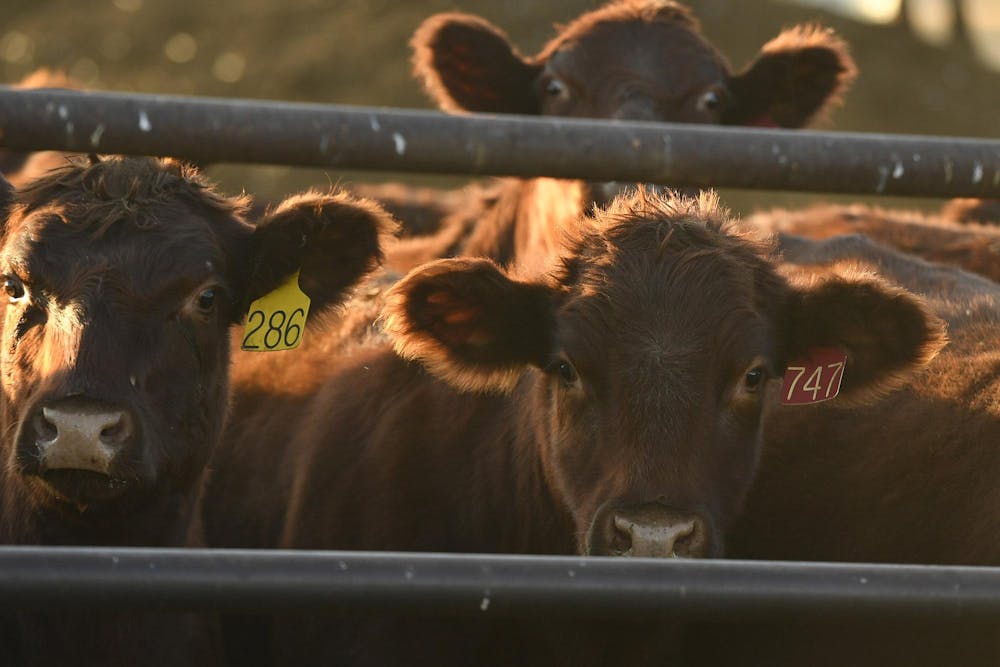In 2022, a highly pathogenic strain of avian influenza (HPAI) — commonly known as bird flu — was detected in poultry in North Carolina. But on April 25, the North Carolina Department of Agriculture and Consumer Services announced the state's poultry industry had been declared HPAI-free.
HPAI has been spreading throughout the world’s poultry population for years. Over 90 million backyard and commercial birds in 48 different states have been affected since the beginning of the outbreak in January 2022.
“Poultry is a big deal for North Carolina — it's our top agricultural commodity,” Heather Overton, assistant director of the NCDACS’ public affairs department, said. “It brings in $6.8 billion in cash receipts every year, And there's more than 976 million broilers — the chickens that are raised for meat.”
When avian influenza is detected in a flock, the entire group must be depopulated, leading to a significant loss for farmers. In 2022, over 480,000 birds were lost to the virus in North Carolina.
However, in early April, HPAI was detected in North Carolina dairy cattle.
The only known case of HPAI in North Carolina dairy cattle was confirmed in the western part of the state, in a herd shipped from Texas in early April. Overton said that the herd was originally asymptomatic.
When the virus was detected, the affected cattle were isolated and a stop movement order was put into place to prevent infected cattle from moving in or out of the state, she said.
While HPAI is deadly in 90 percent of poultry cases, cattle can — and often do — recover with treatment.
Only one cattle-related human case of HPAI has been reported, and the virus is largely thought to not be a public health risk, despite low levels of the virus being detectable in commercial dairy products. This case was the first instance of mammal to human transmission.


